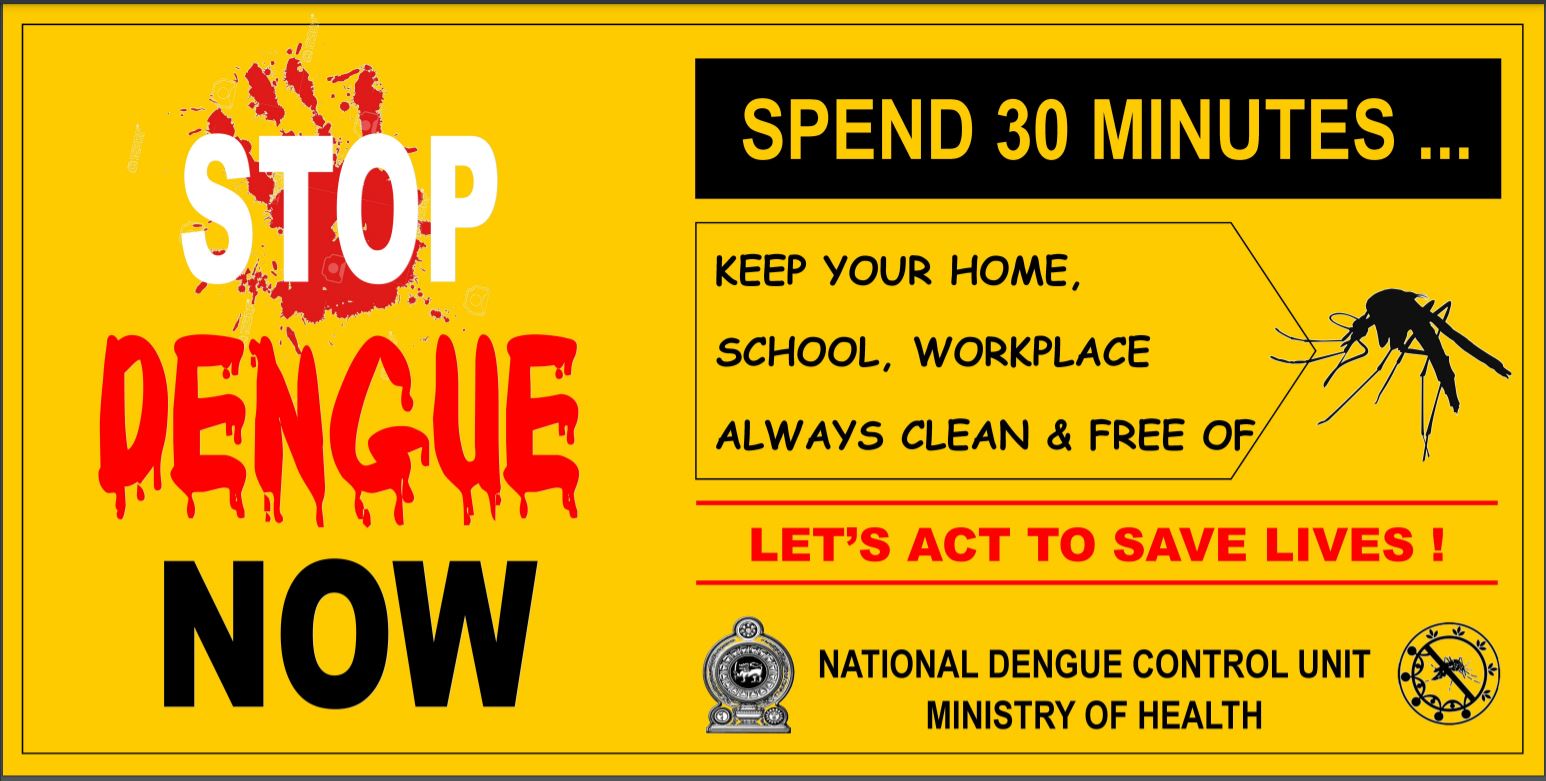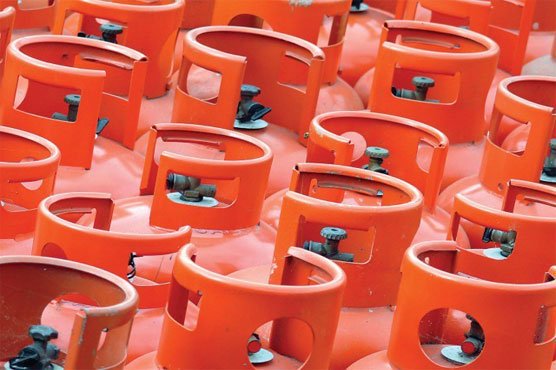So far this year 2023 according to National Dengue Control Unit data, over 52,000 dengue cases report. Dengue fever increases in Sri Lanka, usually soon after rainfall as rains are optimal for mosquito breeding. So far a total of 52,568 suspected dengue cases and 30 deaths reported in Sri Lanka. Lady Ridgeway Hospital for Children says that the number of children who are currently receiving treatment for the dengue virus has also increased.
The National Dengue Control Unit (NDCU) further says that around 25% of Sri Lanka’s total dengue patients are school children.
Trincomalee, Uppuveli, Kuchchavely, Ratnapura, Eheliyagoda, Kuruwita, Embilipitiya, Puttalam, Polonnaruwa, Thamankaduwa, Kegalle, Mawanella, Warakapola, Dehiowita, Kandy, Gampola(Udapalatha), Yatinuwara and Poojapitiya MOH areas have been identified Dengue high risk zones according to NDCU.

Dengue fever with periodic outbreaks occurring throughout the country. The primary mosquito vector responsible for transmitting the dengue virus is the Aedes mosquito, particularly Aedes aegypti. Dengue cases tend to increase during the monsoon seasons when mosquito breeding sites are plentiful.
Preventing Dengue Fever in Sri Lanka
Preventing dengue fever requires a concerted effort from individuals, communities, and authorities. Here are key preventive measures to combat dengue in Sri Lanka:
Destroy Mosquito Breeding Sites: Aedes mosquitoes breed in stagnant water. Regularly inspect and eliminate potential breeding grounds, such as uncovered water containers, discarded tires, and blocked drains. Clear gutters and ensure proper disposal of garbage and waste.
Promote Cleanliness and Sanitation: Encourage good hygiene practices and cleanliness in homes, schools, workplaces, and public areas. Community-wide efforts to maintain clean surroundings and promptly report any potential breeding sites are crucial.
Use Mosquito Repellents and Protective Clothing: Apply mosquito repellents containing DEET, picaridin, or oil of lemon eucalyptus on exposed skin. Wear long-sleeved shirts, long pants, socks, and shoes to minimize mosquito bites, especially during dawn and dusk when Aedes mosquitoes are most active.
Install and Maintain Window and Door Screens: Fit windows and doors with screens to prevent mosquitoes from entering homes. Repair or replace damaged screens to ensure their effectiveness.
Community Engagement and Education: Conduct awareness campaigns to educate communities about dengue prevention measures, symptoms, and the importance of seeking medical care promptly. Engage schools, community organizations, and local leaders to promote preventive actions.
Regularly Inspect and Clean Water Storage Containers: Ensure that water storage containers, such as tanks and drums, are tightly sealed to prevent mosquito entry. Clean them regularly and cover them securely to avoid mosquito breeding.
Support Government Initiatives: Cooperate with government health authorities and participate in their dengue prevention programs. These may include targeted mosquito control measures, such as fogging, larviciding, or community cleanup campaigns.
Seek Medical Attention: If you experience symptoms such as high fever, severe headache, joint and muscle pain, or rash, consult a healthcare professional immediately. Early diagnosis and appropriate medical care can help manage dengue fever effectively.
Dengue fever poses a significant health risk in Sri Lanka, but with concerted efforts and preventive measures, its impact can be minimized. By actively eliminating mosquito breeding sites, practicing good sanitation, using mosquito repellents, wearing protective clothing, and supporting community and government initiatives, Sri Lankans can play a crucial role in preventing the spread of dengue. Let us unite in the fight against dengue fever and create a safer and healthier Sri Lanka for all.






